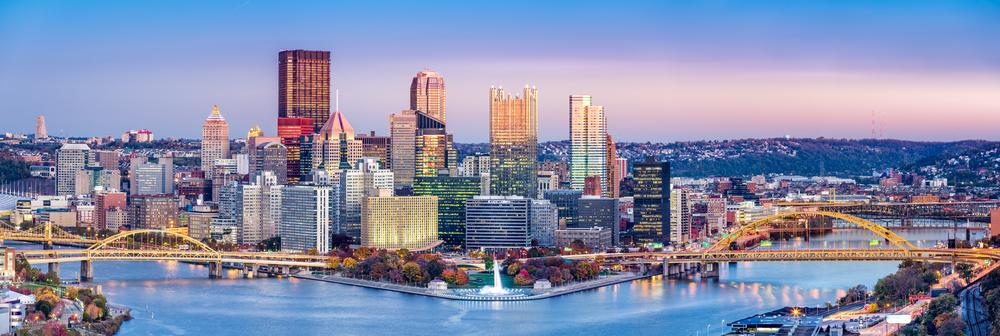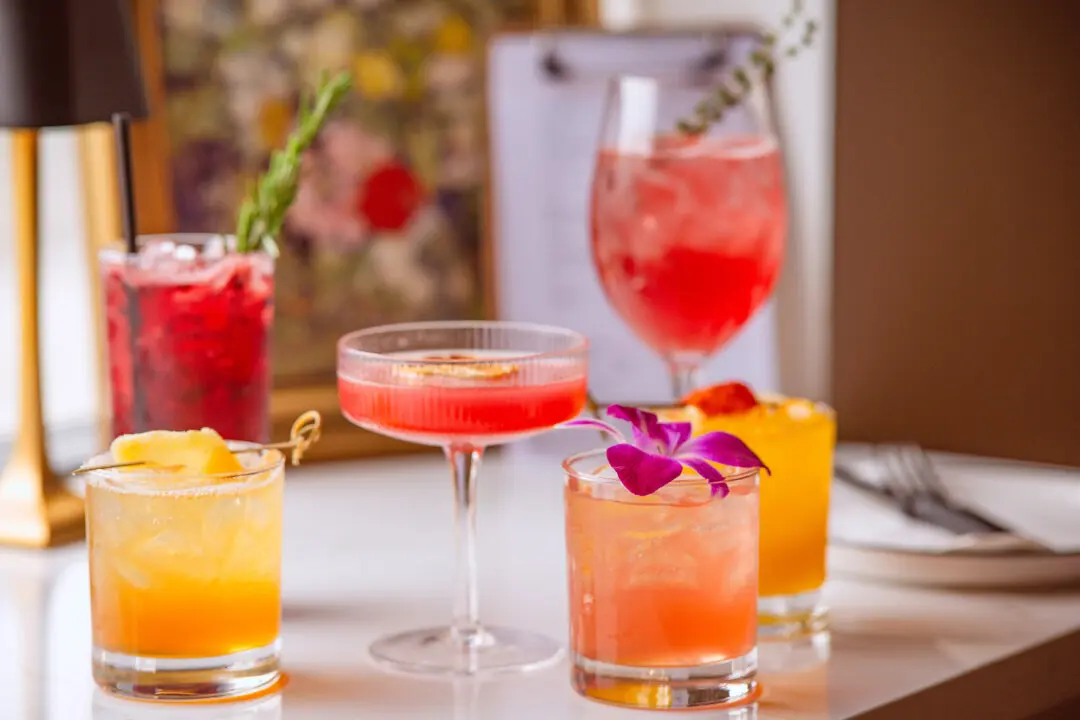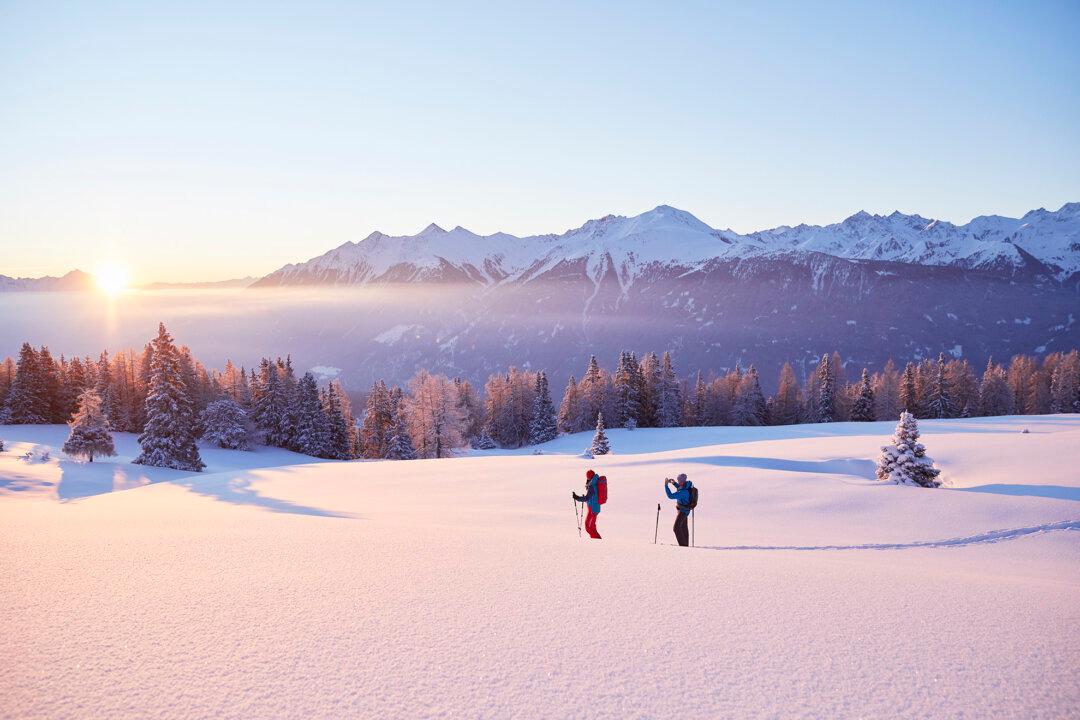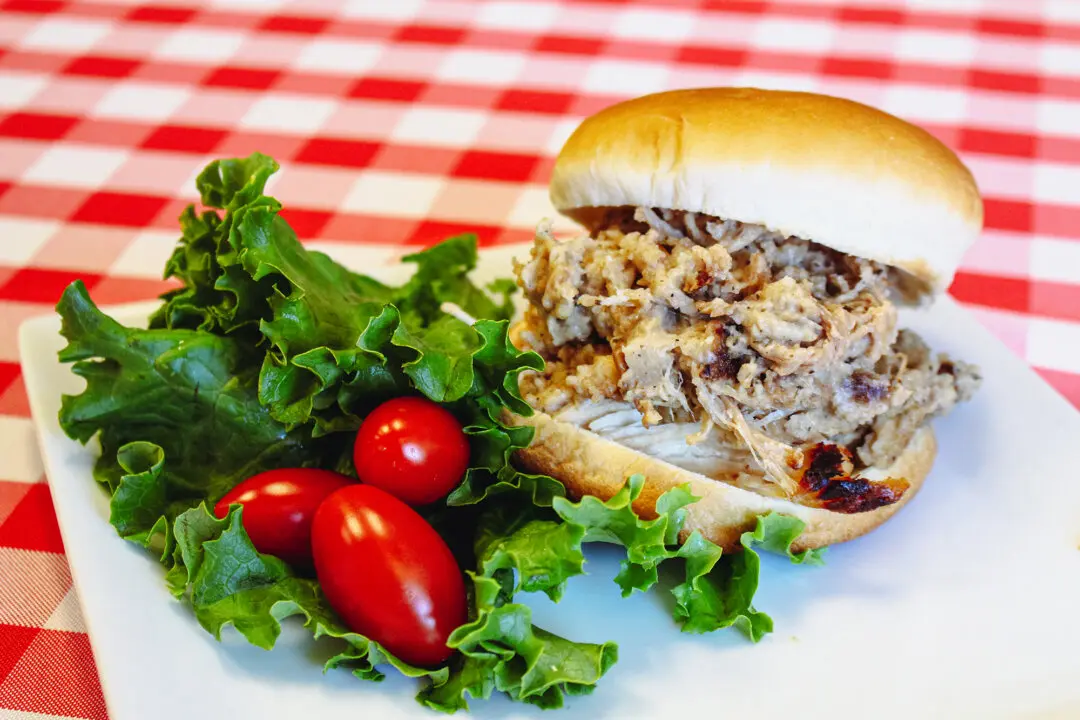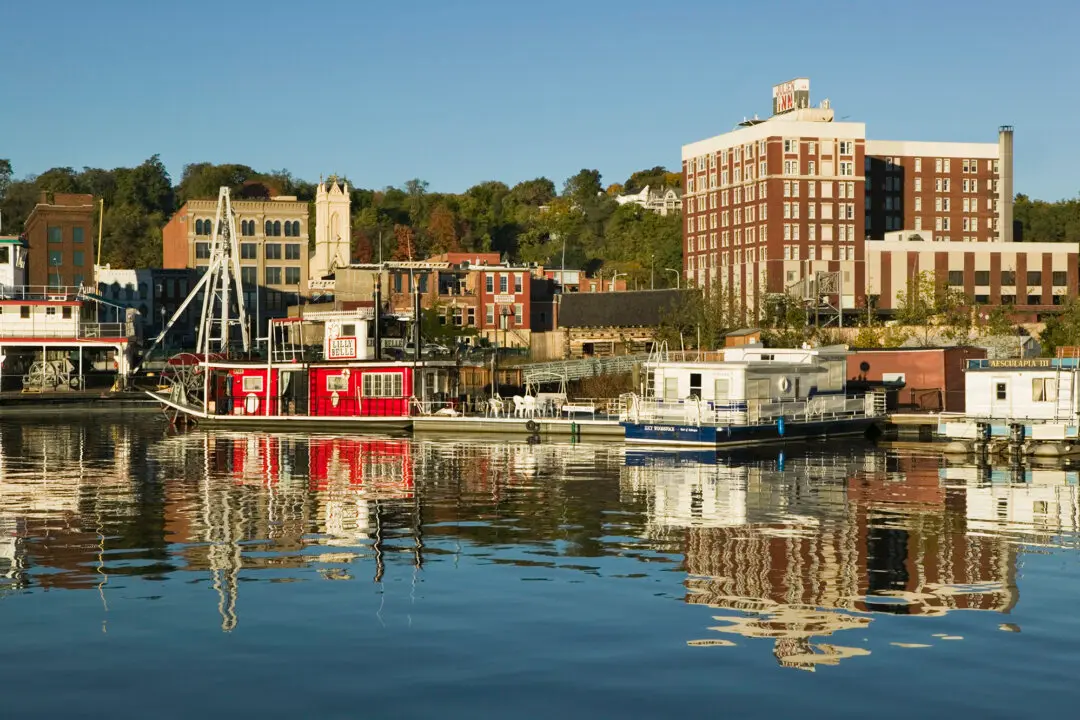Pittsburgh has 90 different named neighborhoods, and a local brewery is making each one of them a beer.
“In June of 2019 we embarked on this project,” said Scott Smith, co-owner of East End Brewery in the Larimer neighborhood. The labels for their You Are Here series feature a colored city map and an arrow pointing to the relevant hood. He and his wife Julie opened East End in 2004. “We are kind of the old farts … back then there were two or three other people making beer in Pittsburgh,” he joked.

